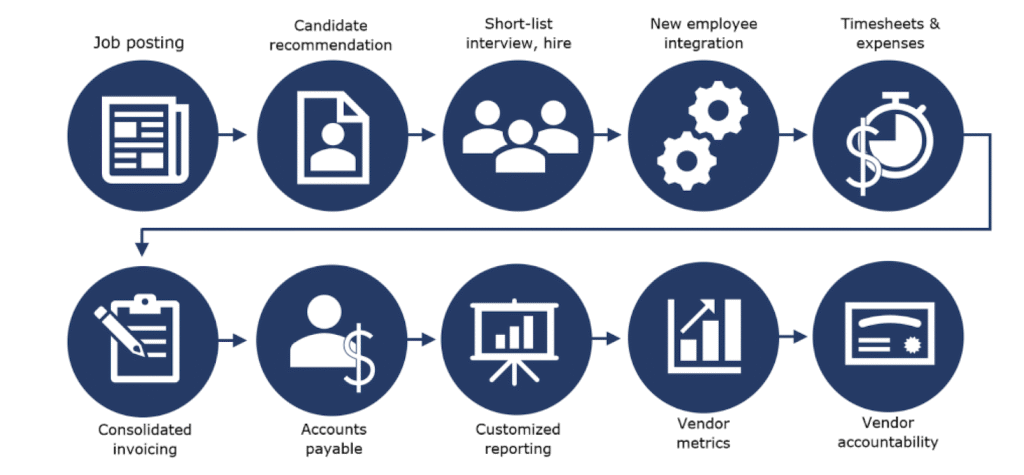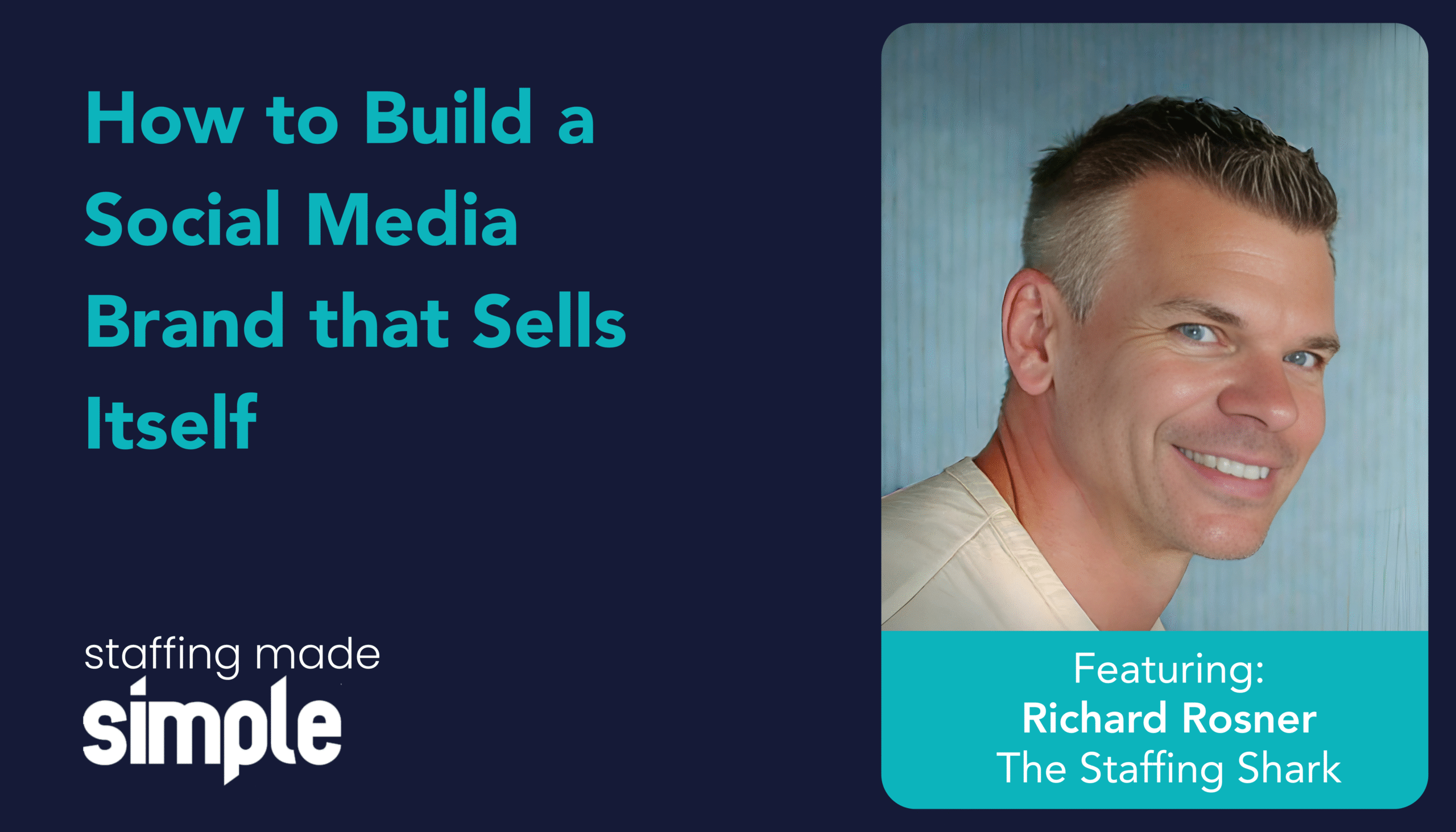Understanding the Differences Between MSP and VMS


In recent years, there has been a significant shift towards contingent workforces. For businesses like healthcare facilities and call centers, hiring temporary workers has become easier and more cost-effective. But how does a company best manage its temporary staffing needs? In today’s dynamic business environment, managing a contingent workforce efficiently is essential. Businesses have two primary solutions to consider: Vendor Management Systems (VMS) and Managed Service Providers (MSP). Both play critical roles in contingent workforce management, but they serve different functions and offer unique benefits. Choosing the right system is crucial for effective and efficient workforce management, impacting cost, control, and overall operational efficiency. Understanding these differences will help you make an informed decision tailored to your company’s needs.

A Vendor Management System (VMS) is a software-based platform designed to help businesses manage their procurement and staffing services. It automates various recruitment processes, providing a streamlined approach to handling contingent labor.
A Managed Service Provider (MSP) is an outsourced agency that manages a company’s contingent labor program. MSPs handle all aspects of the staffing lifecycle, from recruitment to offboarding, providing a comprehensive solution for managing temporary and contract workers.

When deciding between a Vendor Management System (VMS) and a Managed Service Provider (MSP), it’s important to understand the key differences and factors to consider for your specific needs.
VMS: Offers greater control over the recruitment and management processes. Businesses can directly oversee vendor relationships and staffing activities.
MSP: Provides outsourced control, where the MSP manages all aspects of the contingent workforce. This can be beneficial for companies lacking internal resources or expertise.
VMS: Typically involves a subscription fee for the software system, which can lead to cost savings through automation and improved efficiency.
MSP: Often charges based on a percentage of the contingent workforce spend, which can be higher but includes comprehensive management services.
VMS: Requires internal staff to manage and utilize the system effectively. Best for companies with strong internal HR and procurement teams.
MSP: Brings specialized knowledge and expertise in managing contingent labor, reducing the burden on internal teams.
VMS: Easily integrates with existing ERP and HR systems, enhancing data accuracy and streamlining processes.
MSP: Manages integration as part of their service, ensuring seamless operation but with less direct control by the company.
VMS may be more beneficial for: Companies with a robust internal HR department, a need for greater control, and significant investments in existing HR systems.
MSP may be more beneficial for: Companies that prefer outsourcing, have limited internal resources, or require comprehensive management of a large contingent workforce.
Scale of Contingent Staffing Needs: Larger programs may benefit more from MSPs, while smaller, more controlled environments may suit VMS.
Preferred Level of Control: Decide if your company prefers hands-on management (VMS) or outsourced expertise (MSP).
Existing Internal Resources: Evaluate the capability and capacity of your current HR and procurement teams to manage a VMS.
SimpleVMS offers a unique solution that combines the best aspects of both VMS software and MSP provider, making it a versatile and powerful tool for managing your temporary workers.
SimpleVMS provides all the technological benefits of a traditional Vendor Management System. This includes automation of recruitment processes, real-time analytics, and comprehensive vendor management. These features enable businesses to streamline their operations, reduce manual effort, and gain valuable insights into their workforce.
In addition to its robust software capabilities, SimpleVMS also offers service and support that are akin to what you would expect from a Managed Service Provider. This means you get expert assistance with implementation, ongoing support, and help with optimizing your workforce management strategies. This dual approach ensures that you are not only equipped with the right tools but also have the necessary support to use them effectively.
SimpleVMS understands that every business is unique. The platform can be customized to meet the specific needs of your contingent workforce program. Whether you need detailed compliance management, seamless system integration, or advanced reporting and analytics, SimpleVMS can be tailored to provide the solutions you require.
By leveraging the combined strengths of VMS technology and MSP-level support, SimpleVMS helps businesses enhance their operational efficiency and optimize workforce management. This leads to cost savings, improved compliance, and better overall performance of your contingent workforce.
Ready to transform your contingent workforce management? Discover how SimpleVMS can provide tailored solutions and enhance your operational efficiency. Schedule a demo today to learn more about how SimpleVMS can meet your business needs and schedule a personalized demo.
Related Resources


